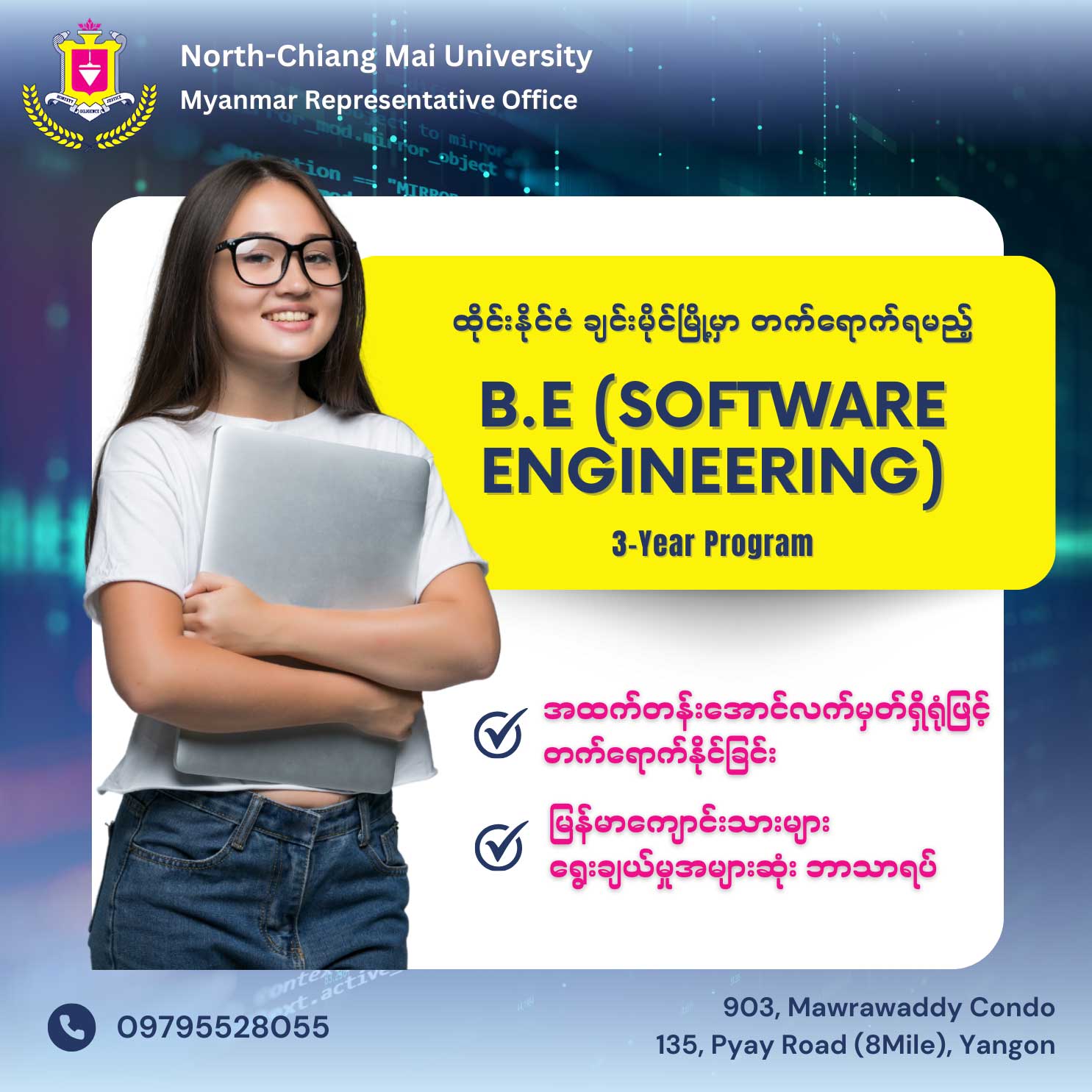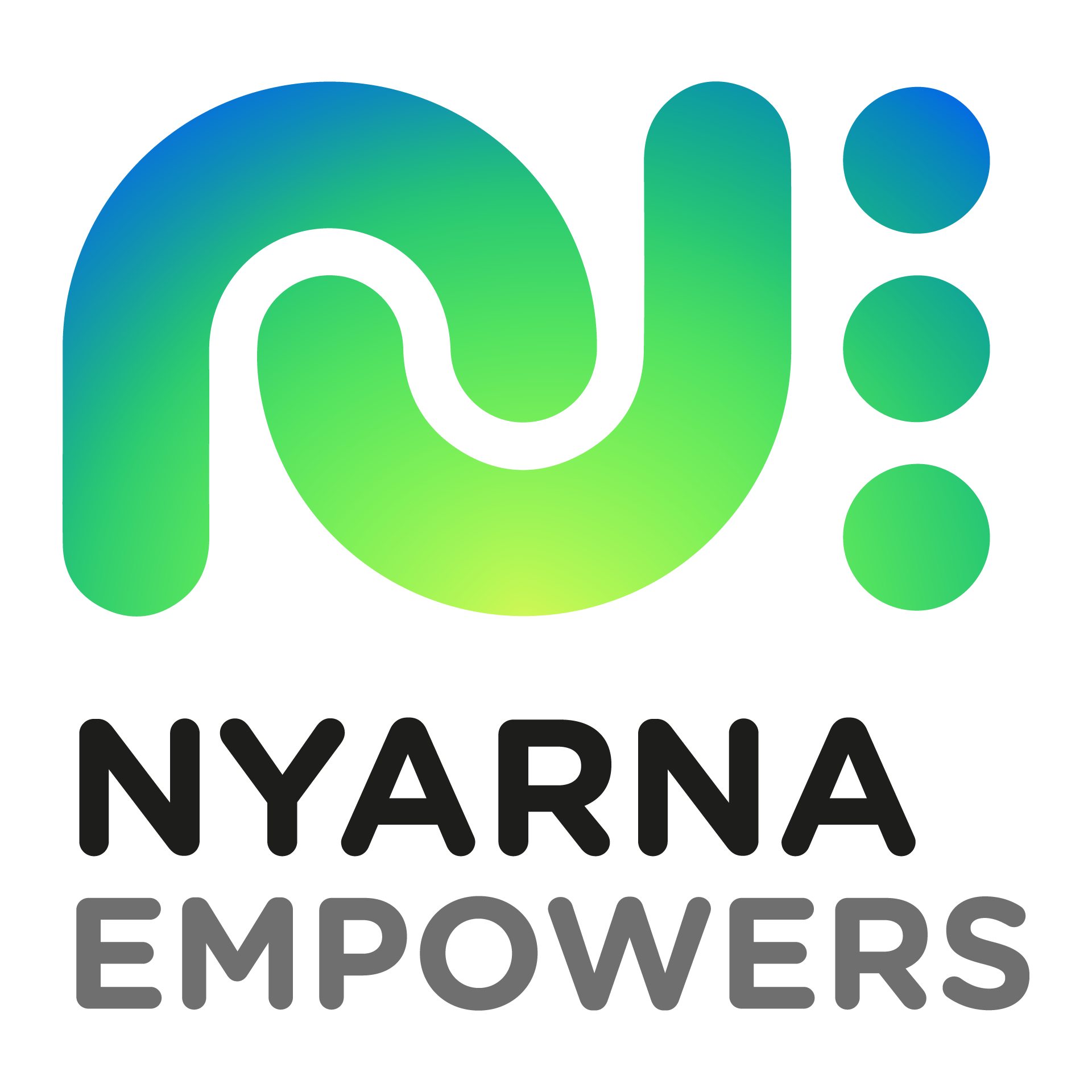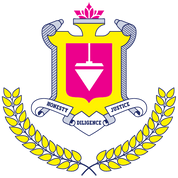Program Overview
North-Chiang Mai University's Bachelor of Engineering (Software Engineering) aims to produce graduates with moral integrity, adhering to the software engineering profession code of ethics.They can integrate knowledge and skills in professional software systems design and development according to software engineering principles. They can apply appropriate tools to design and develop modern, high-quality software systems supporting organizational operations at both local and global levels.
Career Opportunities
A degree in B.E (Software Engineering) opens doors to diverse career paths, including:
- Software Engineer
- Developer
- UX/UI Designer
- System Analyst
- DevOps
- Database Administrator
- System Administrator
Course Structure
The program is structured to provide a balanced education with a total of 121 credits, broken down as follows:
This component builds a broad foundation of knowledge.
- Languages Courses: 9 credits
- Collaborative Courses: 3 credits
- Analytical Thinking Courses: 6 credits
- Digital Technology Courses: 6 credits
- Integration Course 3 credits
These courses provide in-depth knowledge in the field of business management.
- Core Courses: 16 credits (e.g., Basics of Engineering Careers, Engineering Mathematics, Engineering Statistics , Engineering and Technology Management, Computer Programming, Discrete Mathematics)
- Major Courses: 63 credits (e.g., Computer Laws and Ethics, Digital Business Information System, Software Project Management , Database Systems and Database Design, Artificial intelligent Systems, Data Science, Object-Oriented Programming, Introduction to Software Engineering, Software Requirements Speciation and Management, Object-Oriented Analysis and Design, Software Architecture, Front-End Software Development, Back-End Software Development, Software Testing, Software Quality Assurance, Cyber Security, Operating Systems, Data Communications and Computer Networks, Computer Organization and Architecture, Data Structure and Algorithms, Software Engineering Project Survey, Software Engineering Project, Software Engineering Practice)
- Electives: 9 credits (e.g., Mobile Application Development , Enterprise Application Development, Low-Code Application Development, Technopreneur ship, User Experience and User Interface Design, Full-Stack Development, Cloud-Based Application Development, Blockchain Technology, Electronic Commerce, Seminar in Software Engineering, Special Problem in Software Engineering)
- Free Electives: 6 credits (e.g., Virtual Reality, Digital Media Technology, Computer Graphics and Design, Basic Animation and Motion Graphics, Game Programming, Internet of Things, Machine Learning Fundamentals.), Introduction to Natural Language Processing, Embedded Computing System, Data Engineering, Big Data Management and Analytics, Data Analysis and Visualization


